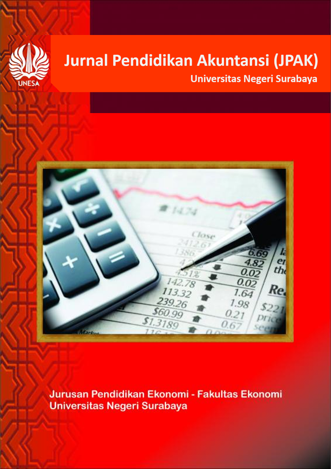Mengungkap Peran Mental Accounting dalam Pengelolaan Keuangan Geprek Generation
DOI:
https://doi.org/10.26740/jpak.v11n3.p275-287Keywords:
Geprek generation; mental accounting; financial managementAbstract
This study aims to understand how mental accounting plays a role in the financial management of geprek generation who have limited finances but have dependents in the family and how social pressure affects this. This research applies a qualitative method with a phenomenological approach through in-depth interviews. The condition of the geprek generation requires individuals to be wiser in managing their finances but the development of the digital world with flexing content can be an influence on personal financial planning. The results showed that in financial management by the geprek generation, there is a mental accounting process as a self-control on their decisions. In addition, the mental accounting process occurs in the allocation of finances assigned to certain account items such as decisions on self rewarding decisions. With the application of mental accounting, there is a better decision-making process in financial management.
Downloads
Downloads
Published
How to Cite
Issue
Section
License
Authors who publish with this journal agree to the following terms:
- Authors retain copyright and grant the journal right of first publication with the work simultaneously licensed under a Creative Commons Attribution License that allows others to share the work with an acknowledgement of the work's authorship and initial publication in this journal.
- Authors are able to enter into separate, additional contractual arrangements for the non-exclusive distribution of the journal's published version of the work (e.g., post it to an institutional repository or publish it in a book), with an acknowledgement of its initial publication in this journal.
- Authors are permitted and encouraged to post their work online (e.g., in institutional repositories or on their website) prior to and during the submission process, as it can lead to productive exchanges, as well as earlier and greater citation of published work (See The Effect of Open Access).

Jurnal Pendidikan Akuntansi (JPAK) is licensed under a Creative Commons Attribution-NonCommercial 4.0 International License.
 Abstract views: 470
,
Abstract views: 470
, PDF Downloads: 516
PDF Downloads: 516



